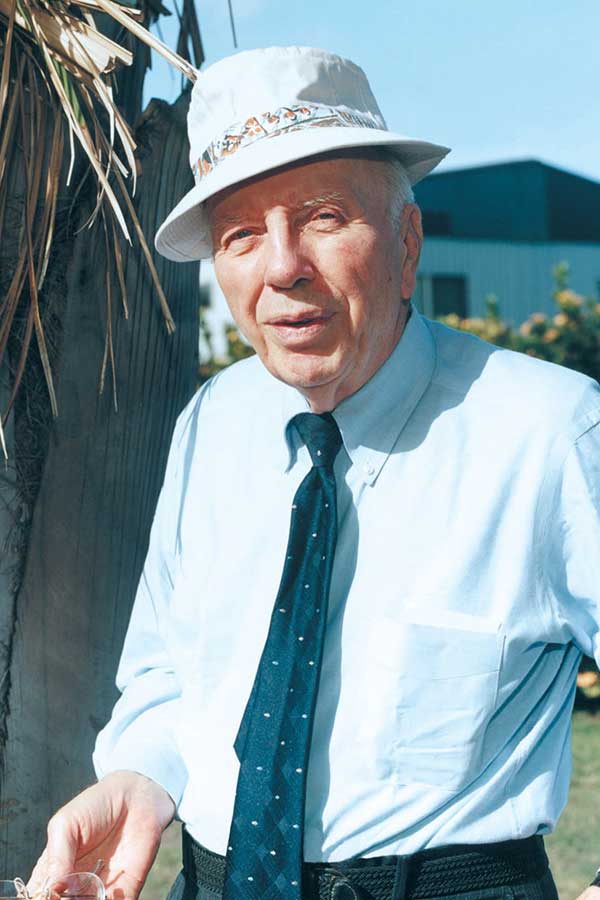Coulter Gift
Coulter funds will enable Clarkson to launch new initiatives focused on bettering life through technology
New initiatives in Bioengineering and Rehabilitation Engineering (BRE) will leverage Clarkson’s expertise in Physical Therapy, Engineering, and Particle Science and create connections among these three areas to address critical needs in society. The BRE initiative will continue the impact of PT in shifting student engineering perspectives to the needs of human end users, and will also raise consciousness of the humanitarian possibilities of technological degrees.
Wallace H. Coulter was particularly interested in seeing Clarkson pursue the opportunity provided by this unique combination of expertise. The Coulter gift has provided $8.25 million for this program in which students and faculty will explore and develop together technological innovations to meet human needs, and to endow a chair in rehabilitation engineering in honor of Provost Emeritus Herman L. Shulman. In addition, the foundation has provided a $5-million Dean’s Academic Excellence Fund to be used at the discretion of the Dean. The fund may be used for purposes that assist the School in accordance with the legacy of Wallace H. Coulter and the theme “Technology Serving Humanity.”
Coulter funds will maintain faculty eminence and research leadership in Clarkson’s premier field of expertise
Research and technological breakthroughs in colloid and particle science and engineering are making an impact in virtually every aspect of human life. From advances in medical treatment through time-release capsules in blood to coatings that protect NASA probes in space and make siding better on homes, engineering and science are fashioning a new and better physical world. Colloid and particle science and engineering are at the heart of technological advances in the digital revolution and in the search for new designer materials with unique properties.
Clarkson’s expertise in colloid and particle science and engineering led to creation of the Center for Advanced Materials Processing (CAMP), the University’s preeminent powerhouse of research. A model of interdisciplinary collaboration, today CAMP’s leading-edge research includes health and environmental fields and the University is moving ahead in the exciting new realm of nanotechnology.
Funding of $7.25 million from the Wallace H. Coulter Foundation will enable Clarkson to maintain its leadership position by attracting and retaining scholars of the highest caliber through endowed chairs and endowed fellowships, including a chair in honor of Professor Emeritus Milton Kerker. Colloid Science is one of the key areas to be supported. Other uses include modernizing instrumentation and ongoing upgrades of laboratory facilities and equipment to maintain the state-of-the-art standards required for world-class achievements.
Coulter funds will increase the number of students from underrepresented groups who earn technological degree
For many important reasons, it is vital that technological fields attract and retain students from currently underrepresented minorities. Although Clarkson has made significant strides in diversifying its campus community during the past decade, the costs of a first-rate technological education remains a barrier to attracting and retaining minority students.
A $5-million scholarship endowment from the Wallace H. Coulter Foundation will assist Clarkson in providing more opportunities for these students.
Coulter funds will enable Clarkson to increase opportunities in its hallmark hands-on collaborative programs
From its award-winning program called SPEED (Student Projects for Engineering Experience and Design) to University Honors seminars to senior mechanical engineering classes in integrated design, Clarkson has incorporated team project-based learning across the curriculum. The reason? Team project-based learning is the most effective way for students to build the critical skills needed for the complex, open-ended challenges and collaborative, diversified working environments of today’s professional world.
To assist Clarkson in making experiential, opportunities even more widely available to students, the Wallace H. Coulter Foundation has provided $4.5 million in broad support of team project-based learning.

